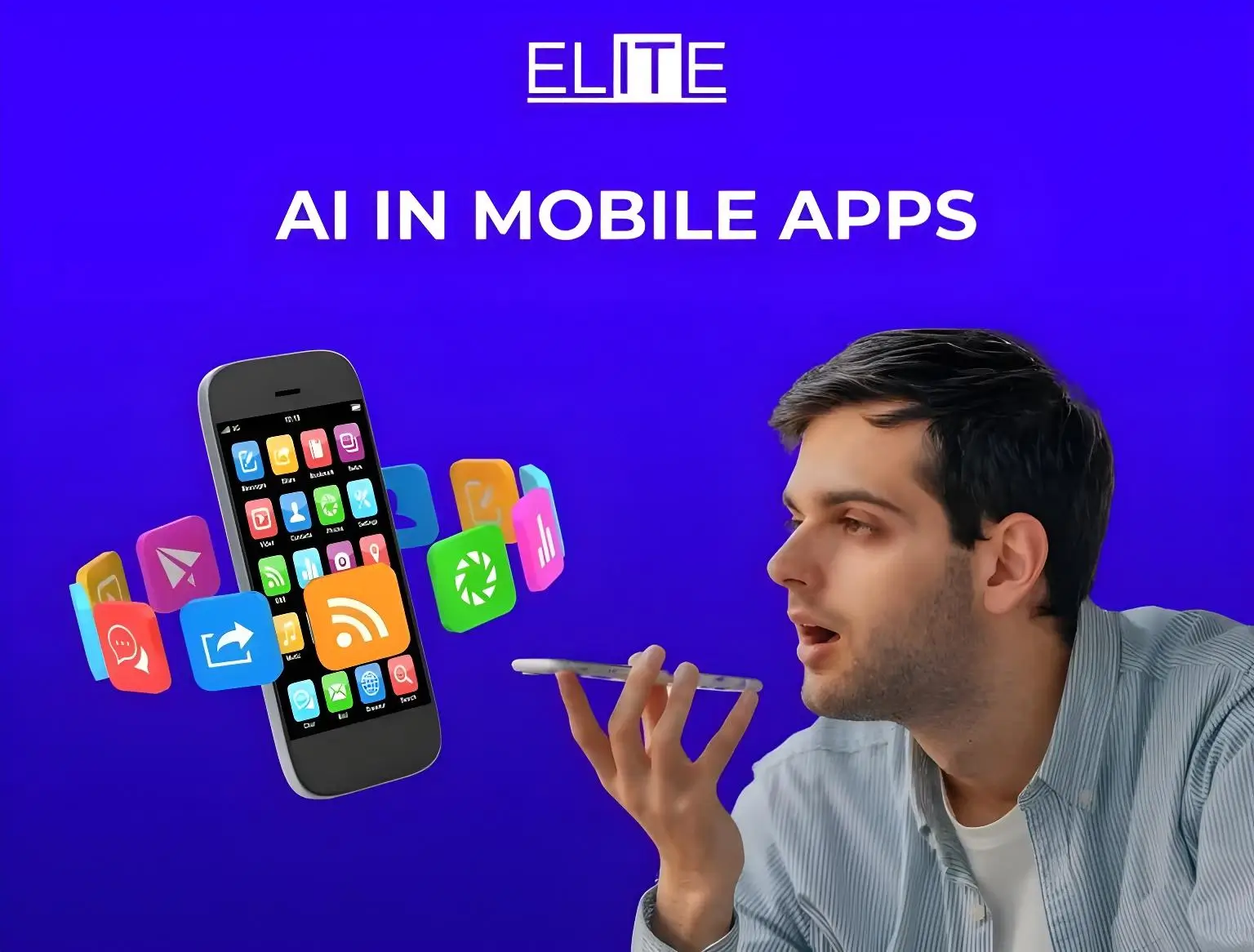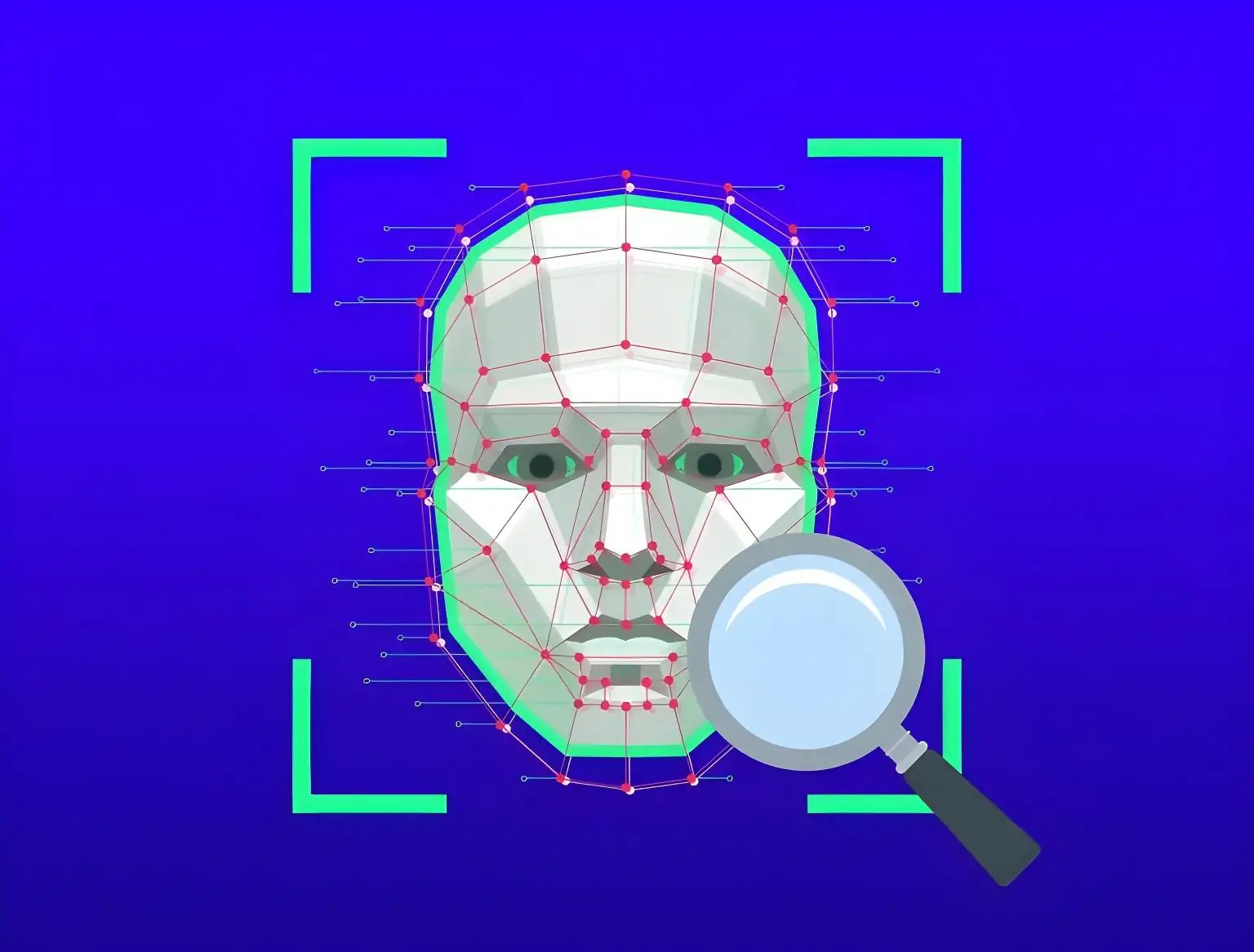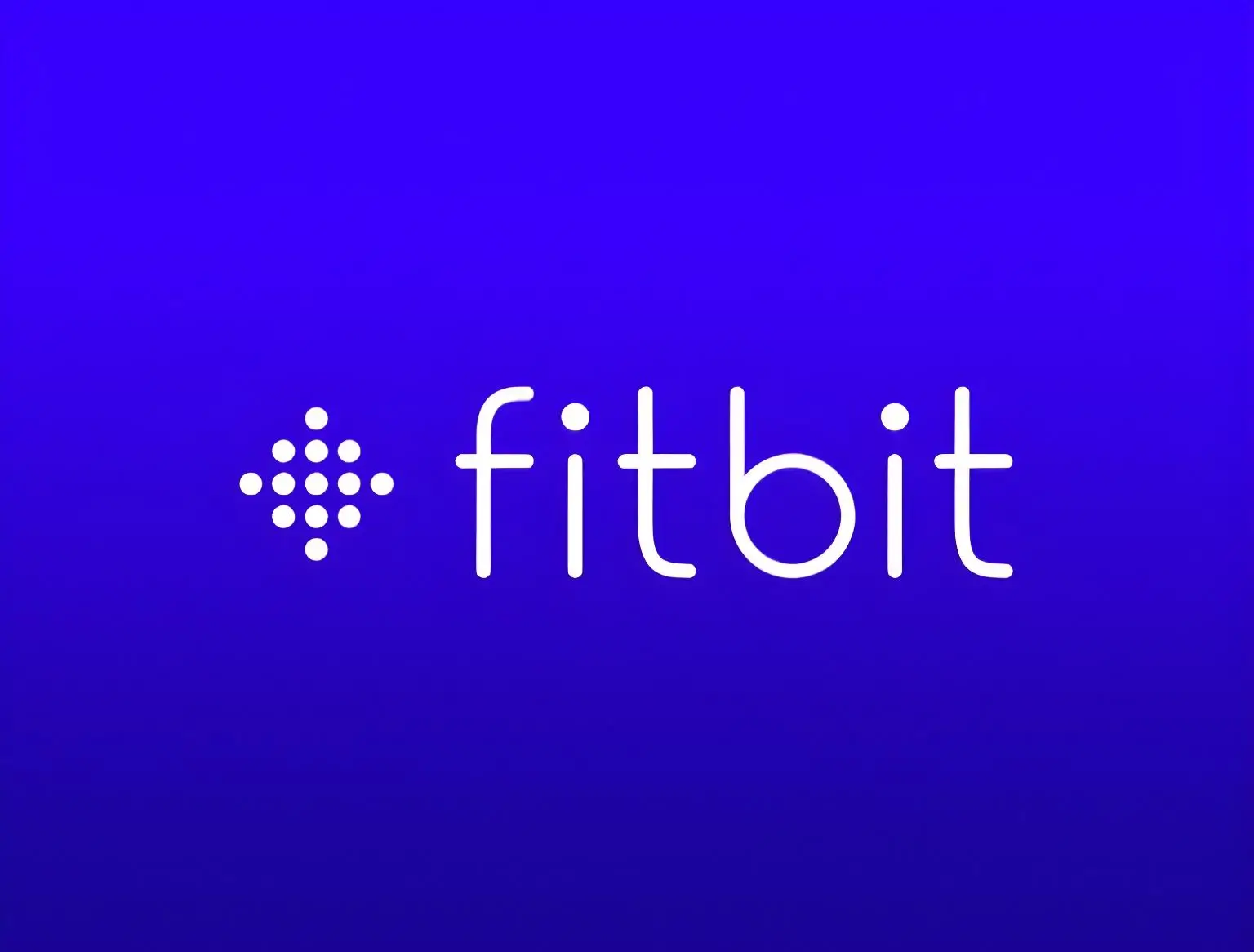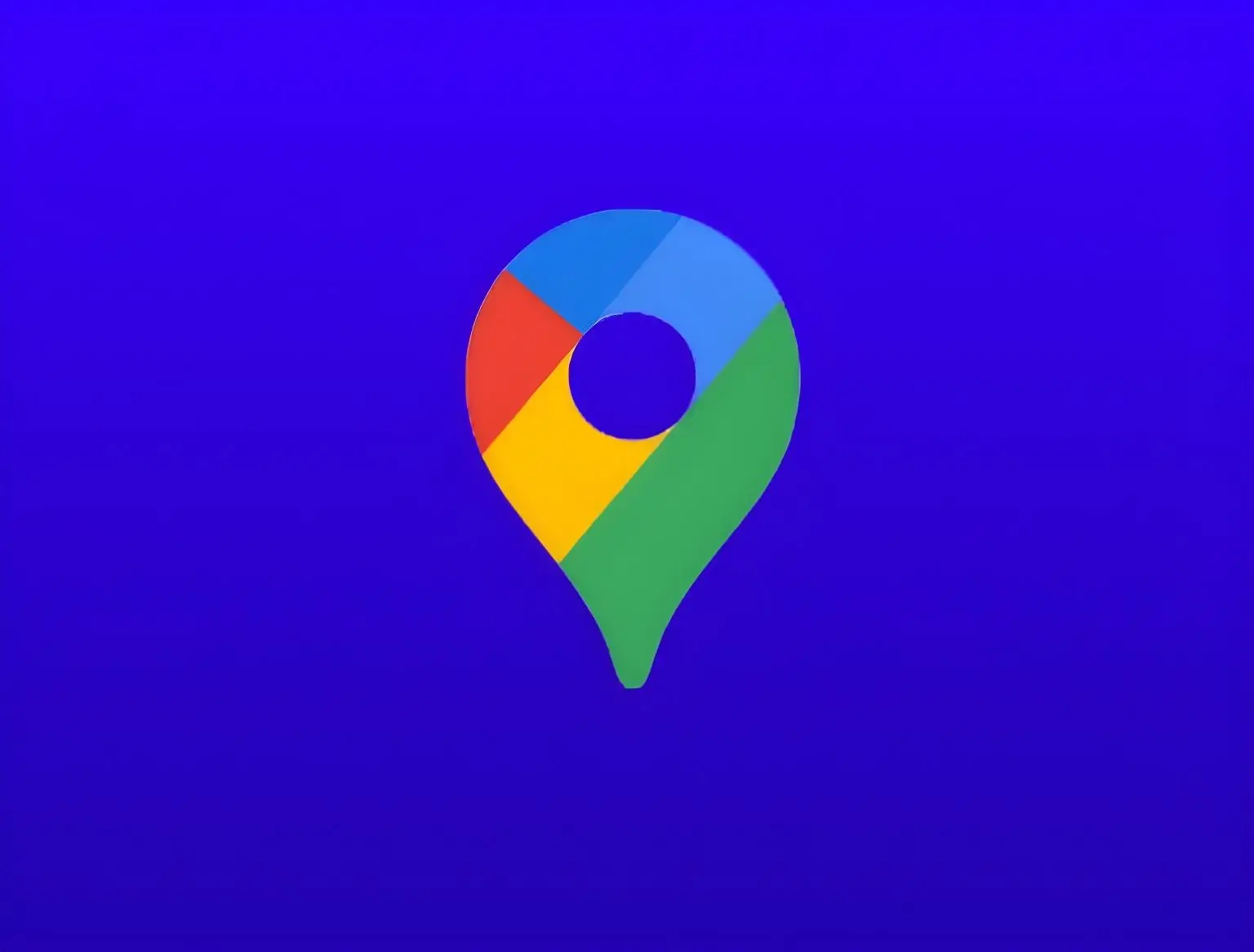Artificial Intelligence (AI) in mobile apps is no longer a futuristic concept—it’s a driving force behind the mobile apps we use every day. From personalized recommendations on your favorite shopping app to voice assistants like Siri and Alexa, AI in mobile apps is transforming the way we interact with our devices. According to a recent report, the global AI market in mobile apps is expected to grow at a staggering rate, reaching $126 billion by 2025, driven by advancements in machine learning, natural language processing, and predictive analytics. In fact, 97% of mobile users interact with AI-powered services in some capacity, often without even realizing it. With AI becoming a crucial element of the mobile experience, apps today are not just tools—they are becoming intelligent companions.
In recent years, AI has completely transformed the tech industry, making mobile apps smarter, faster, and more intuitive. The power of AI in mobile apps is not just hype—it’s driving a global transformation that’s expected to contribute to the $2 trillion growth in AI-related technologies. Whether you’re using a navigation app or a personal assistant, AI is already embedded in your daily life, constantly improving how you interact with your phone. Want to stay ahead of this trend? The experts at Elite IT Team can help businesses utilize this groundbreaking technology.
The impact of AI doesn’t stop at improving user experience; it’s also boosting efficiency across industries. For example, Google’s AI-powered apps like Google Maps use real-time data and machine learning to predict traffic and find the fastest routes. Similarly, banking apps like Revolut use AI to detect fraud, manage customer transactions, and enhance the security of their services. To explore how your business can benefit, Elite IT Team offers comprehensive mobile app development services with refined solutions to meet your specific needs.





















